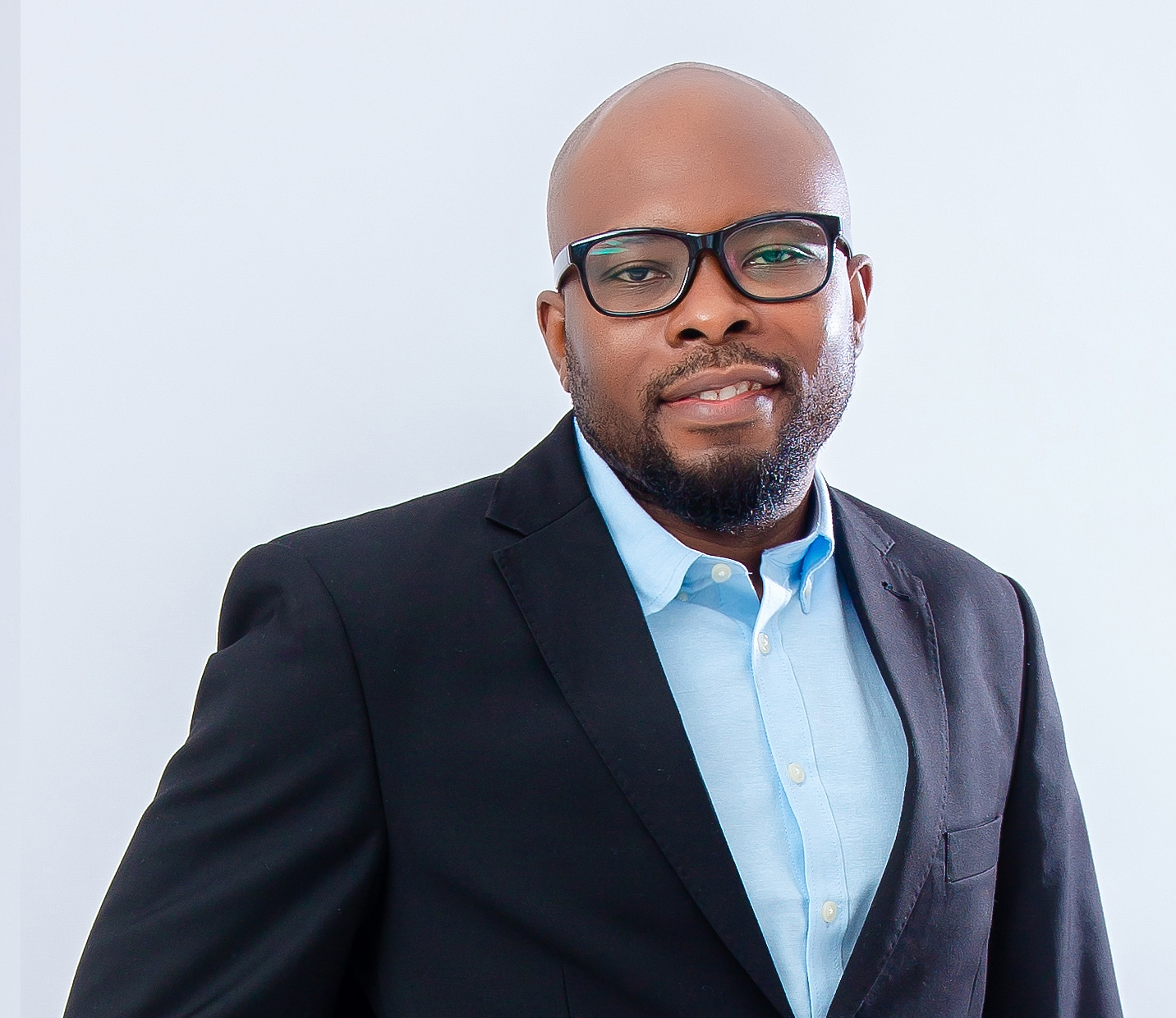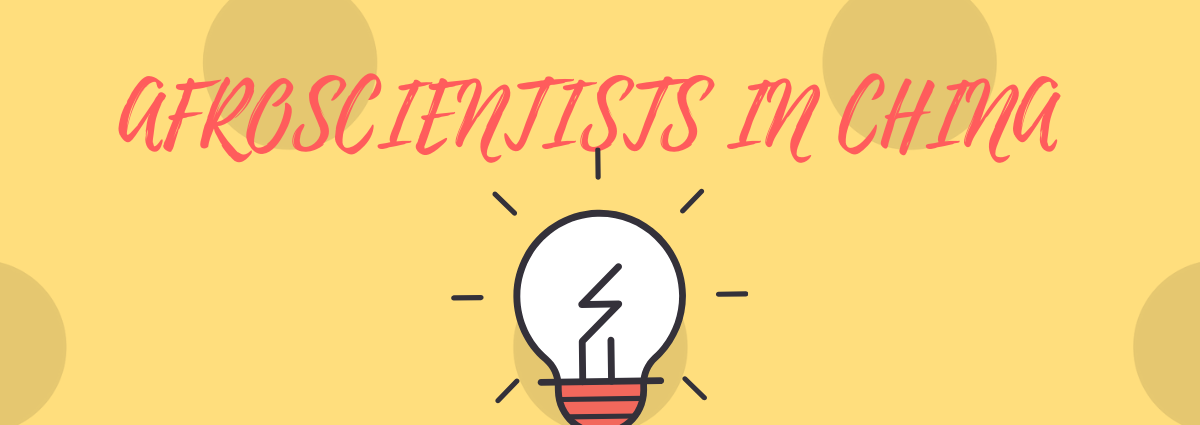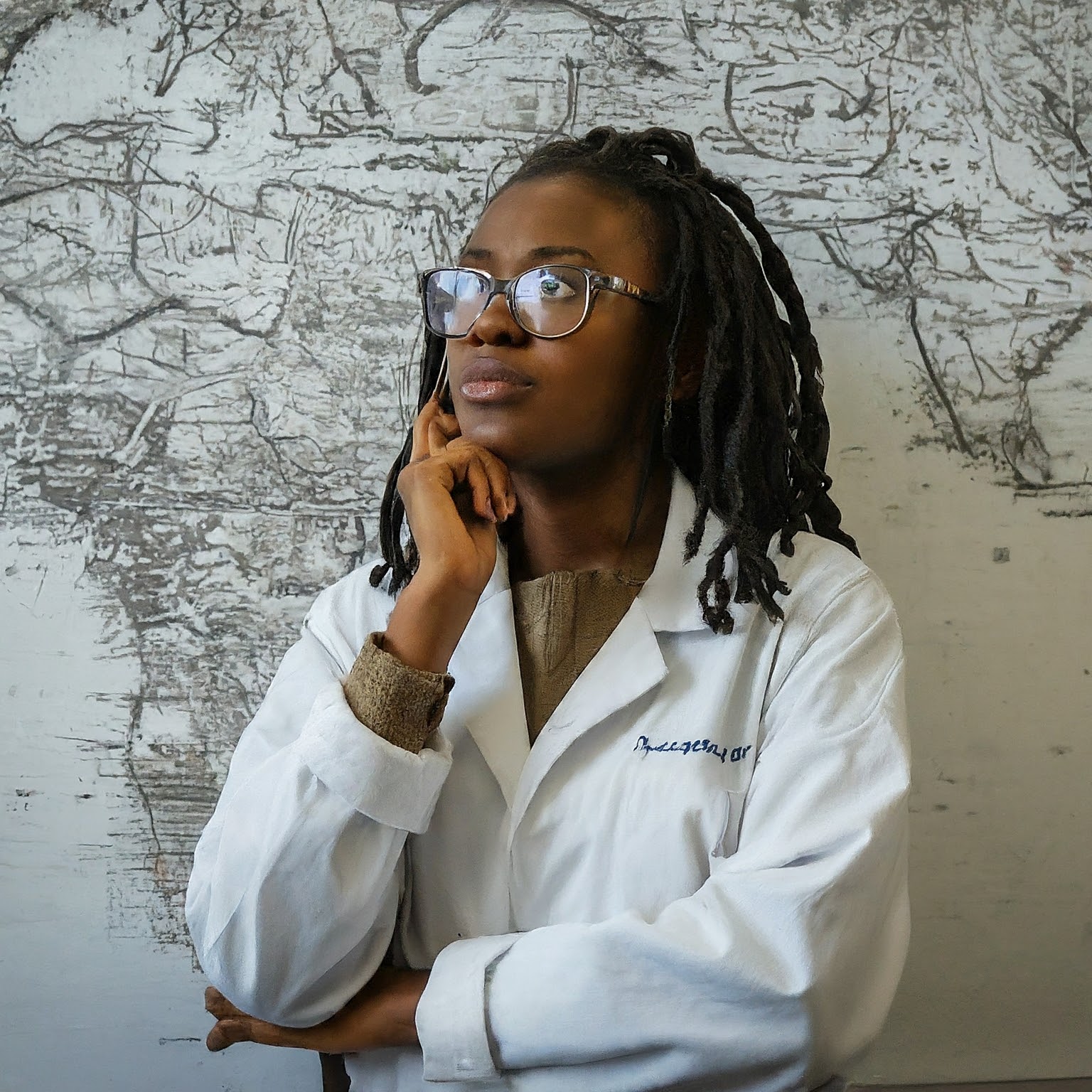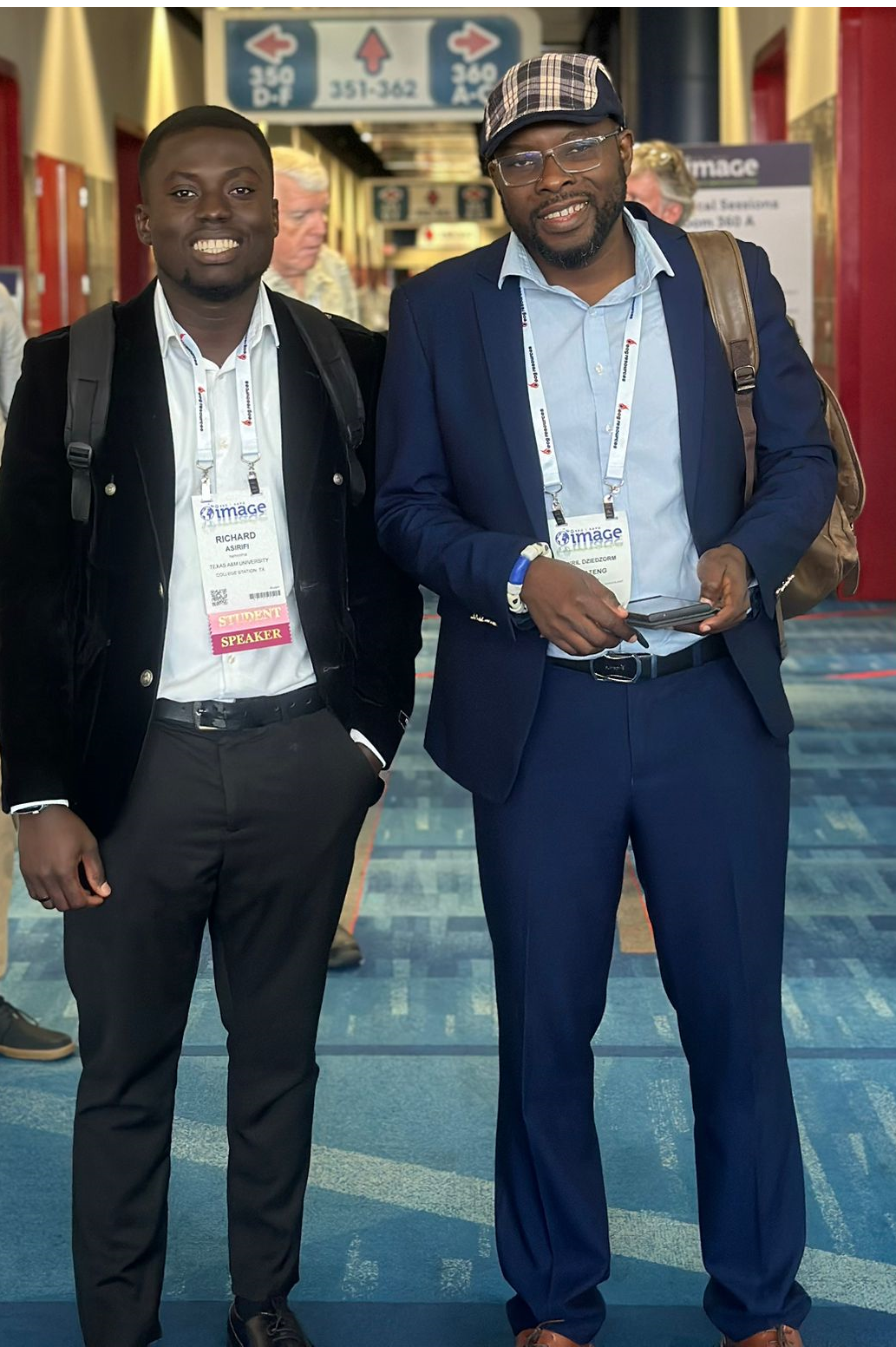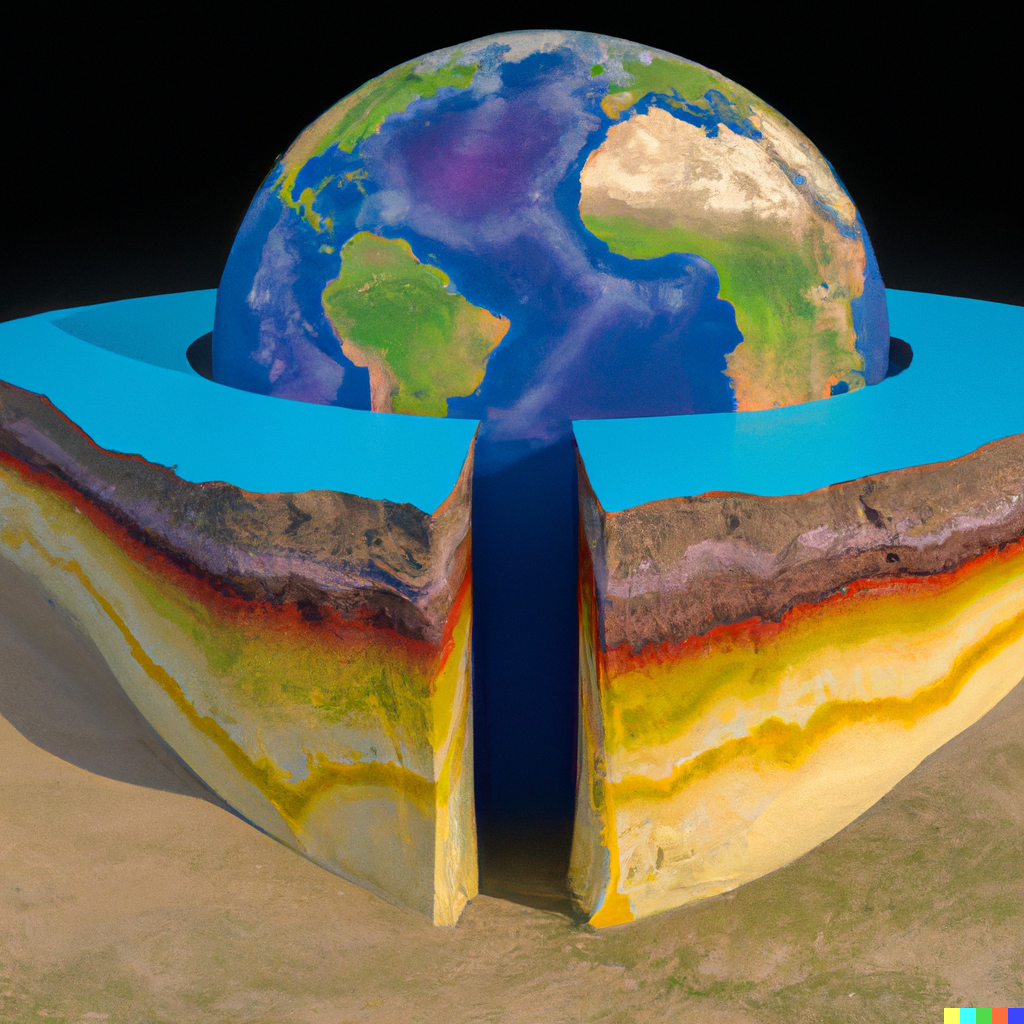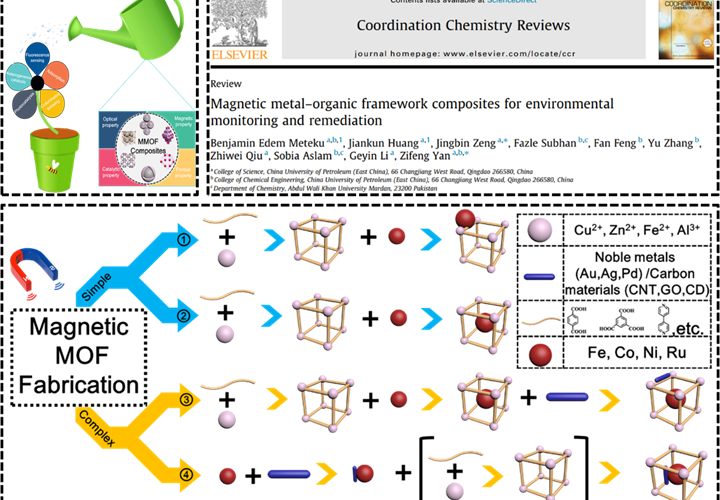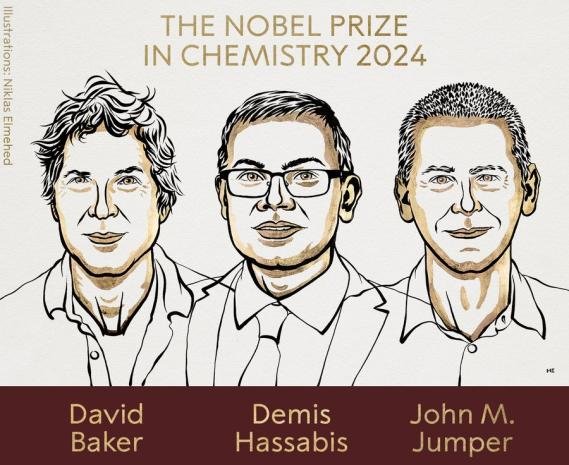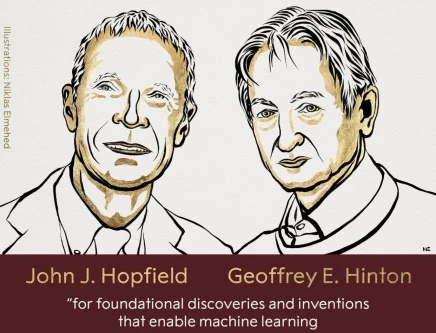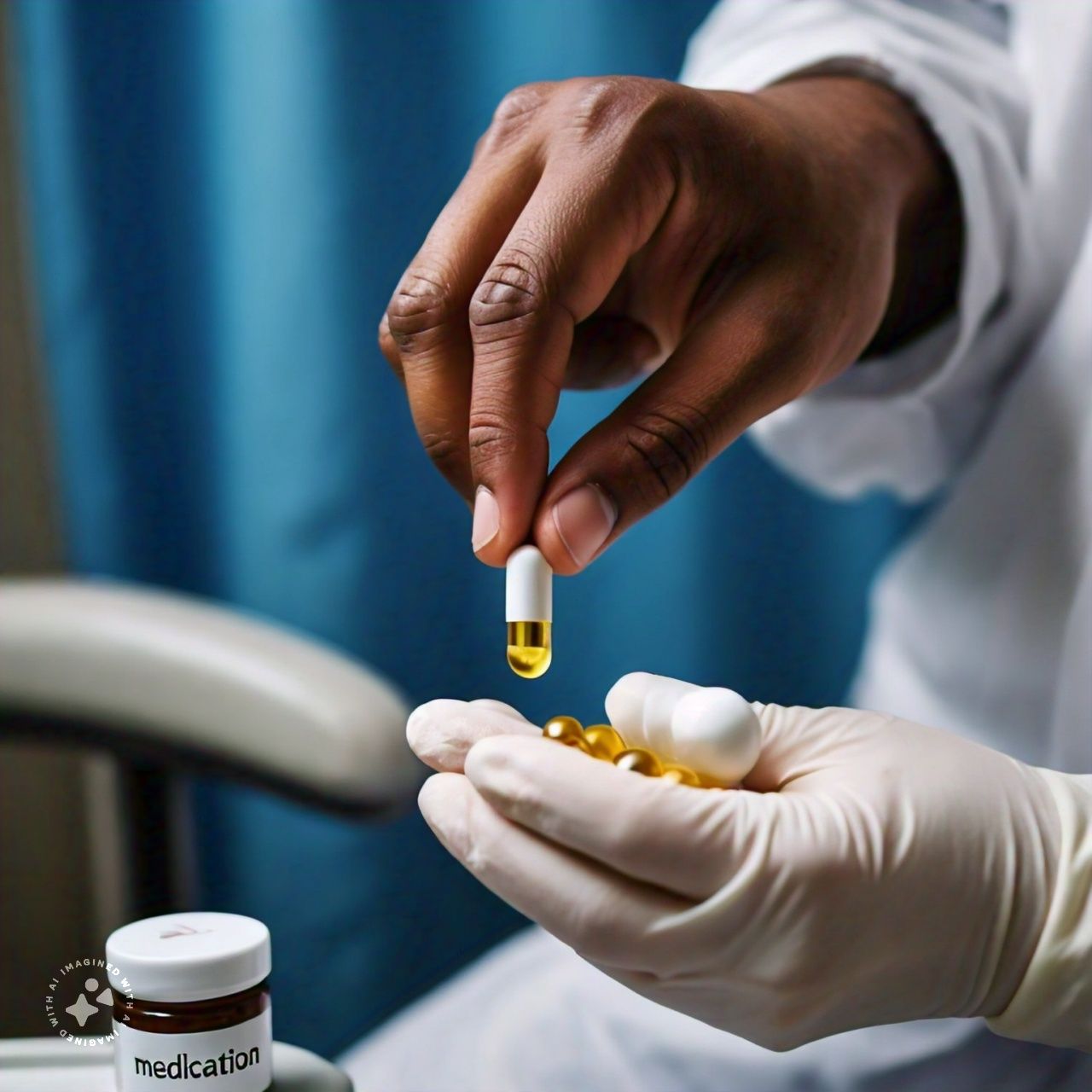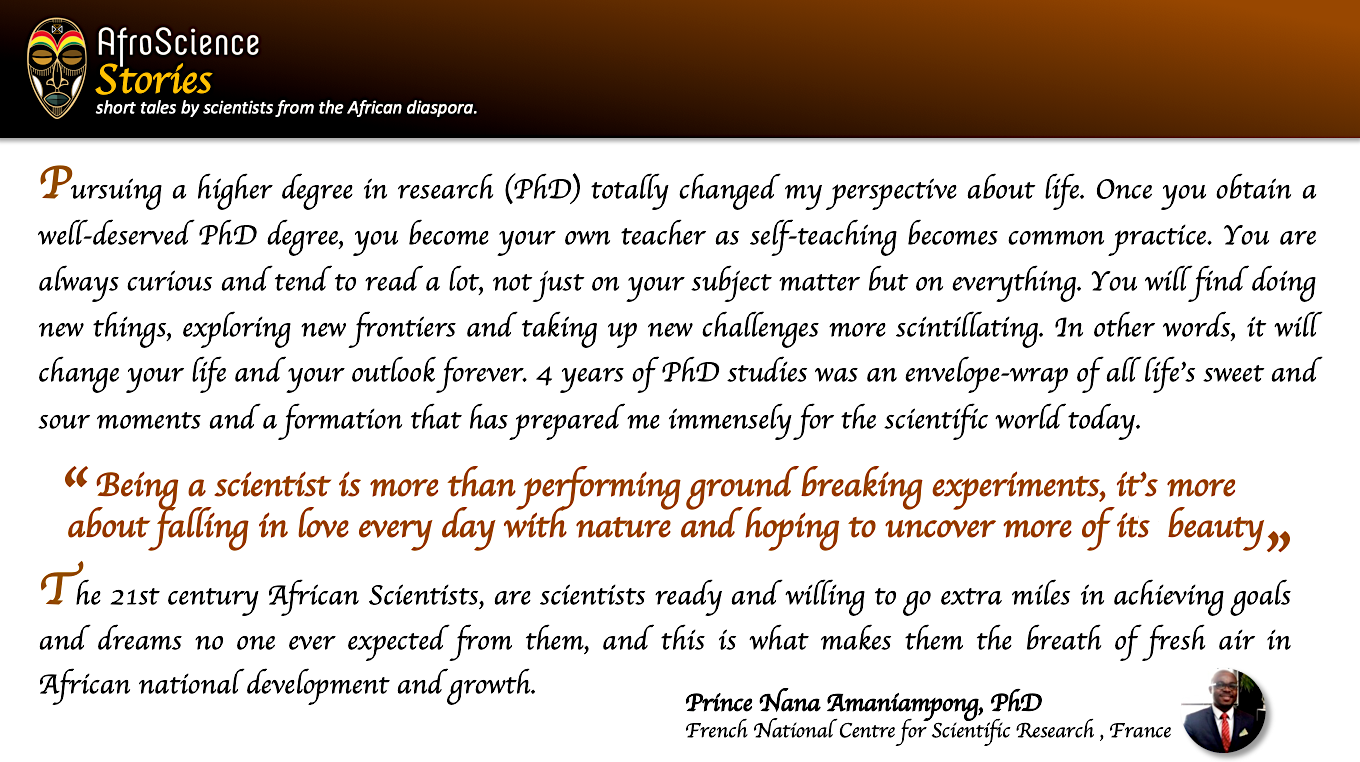When the Covid-19 pandemic hit, scientists around the world scrambled to document the origin of the disease, nature of the virus, mode of transmission, vulnerable populations, how it kills, diagnostic tests, possible treatments and others. Even now, research on vaccines is going on at an unprecedented speed. Scientists are also publishing articles on Covid-19 at phenomenal rates.
When the Covid-19 pandemic hit, scientists around the world scrambled to document the origin of the disease, nature of the virus, mode of transmission, vulnerable populations, how it kills, diagnostic tests, possible treatments and others. Even now, research on vaccines is going on at an unprecedented speed. Scientists are also publishing articles on Covid-19 at phenomenal rates. By April , 2020 the World Health Organization (WHO) had added more than 3000 articles on Covid 19 to its database. But very few of these articles report the African Covid-19 story.
With examples from China, Europe and the US, Afrian countries knew enough not be complacent and most African countries hit the ground running. Initial predictions of doom and millions of deaths on the continent have not materialized. Even now, with the rate of infections going up in the Africa region, death rates are still relatively lower than other parts of the world. Countries like Ghana, Nigeria, Rwanda have used their initial measures to buy time. Time that was used to build up capacity with new hospitals, training medical staff and stocking up on PPE and reagents for tests. The importance of recorded information on how the fight against Covid19 unfolded on the continent in the form of scientific articles cannot be underestimated.
During the initial stages of the pandemic Osseni Isdeen noticed that many predictions and research about Covid-19’s trajectory in Africa was written by non-African scientists and scientists who were not based in Africa. That some of those predictions were exaggerated and far off the mark is now a well-known fact. “Africans need to scientifically record our problems and solutions”, says Osseni Isdeen. Osseni had just completed his post-undergraduate internship and was awaiting a Master’s opportunity.
For Osseni, it was fascinating that when Covid-19 hit his home country Benin, the government decided against following the WHO recommended protocols of total lockdowns. Benin reported its first case in March, 2020 and the government closed bars, clubs, schools and universities, and a sanitary cordon was placed around the cities that reported the first cases for six weeks. This approach was taken by the government because a large section of the population depended on informal activities, so any imposition of a total lockdown would have brought dire economic consequences on the population. So Osseni decided to write a scientific article on how Benin implemented a home grown solution to control the pandemic. Osseni Isdeen says, “In my article, I started by studying what other countries were doing to mitigate the pandemic and showed how this could not work in Benin”. His second paper on Covid-19 reported on the initiatives put in place in African countries to control the pandemic. The goal of the article was to highlight the positives in the face of underequipped and underdeveloped health systems. The biggest challenge Osseni encountered during the research was the availability of reliable data. How do you know the data is accurate? This has always been a huge obstacle for publishing in Africa. For the research on Benin, the government published all COVID-19 information on their website and social media platforms with daily updates.
While gathering data for the article, he was pleasantly surprised by several things. For instance, the Benin government provided daily updates on the pandemic on a government website and on social media handles. Furthermore in Zimbabwe, young people were creatively adapting solutions to the pandemic. Osseni was pleasantly surprised because African countries are rather averse to making sensitive information public. In countries like Zimbabwe which is experiencing an economic meltdown, spiraling inflation, and political unrest, citizens mobilized to produce medical supplies such as face masks, gloves, and hand sanitizers that met the requisite standards.
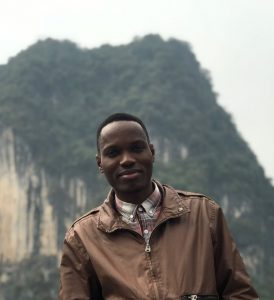
Osseni concluded that even though the early implementation of sanitary cordons around the cities were effective when the first cases were reported in Benin, additional measures may be required in future to forestall a pandemic disaster. Generally, under the leadership of the African Centre of Disease Control (CDC), African countries have mobilized to begin the local production of essential PPE. Osseni also notes, “an important need remains to ensure the long-term sustainability of all the efforts underway”. It is essential that sub-Saharan African countries garner investment and the political will to continue on the path of controlling this once-in-a-century pandemic. African countries can also tap into the potential of African traditional medicine by mobilizing research for the purpose of treating Covid-19.
You can find Issideen Ayinla Osseni published articles here and here.
[This story is part of the Research Visibility Project, a collaboration between AfroScience Network and the Organization of African Academic Doctors]
Conflict Of Interest
The views and opinions expressed in this article are those of the author, and they do not purport to reflect the policies, opinions, or views of the AfroScience Network platform.
Disclaimer
This article has not been submitted, published or featured in any formal publications, including books, journals, newspapers, magazines or websites.
Be the first to comment
Please login to comment

